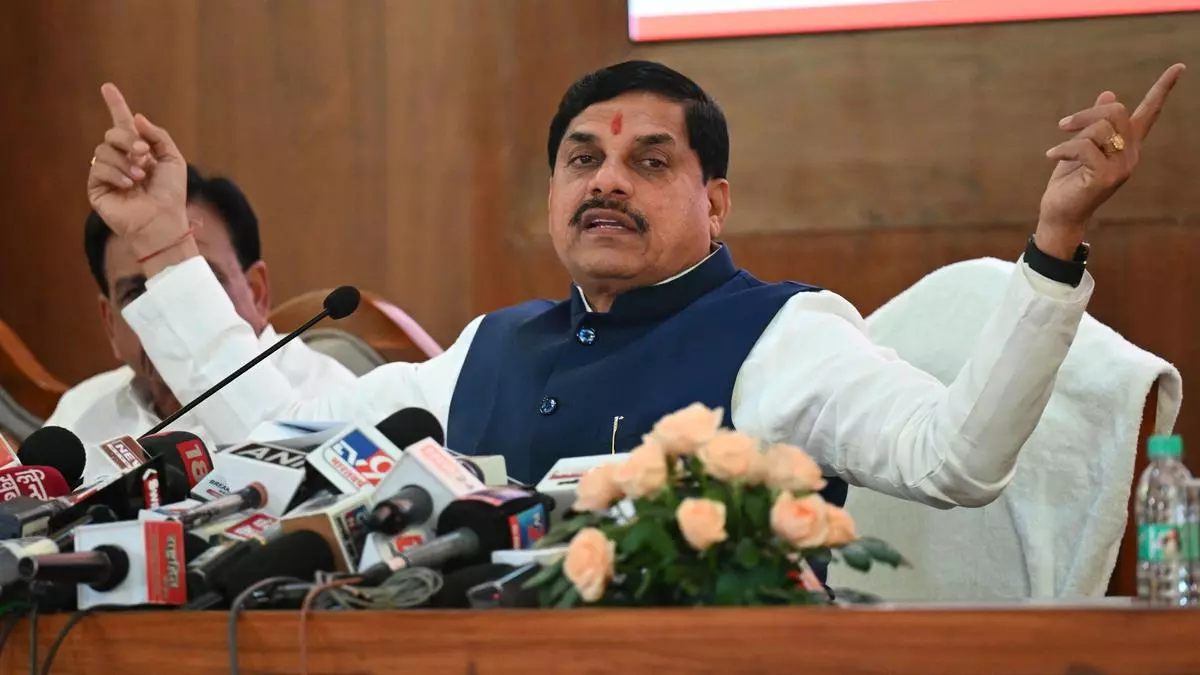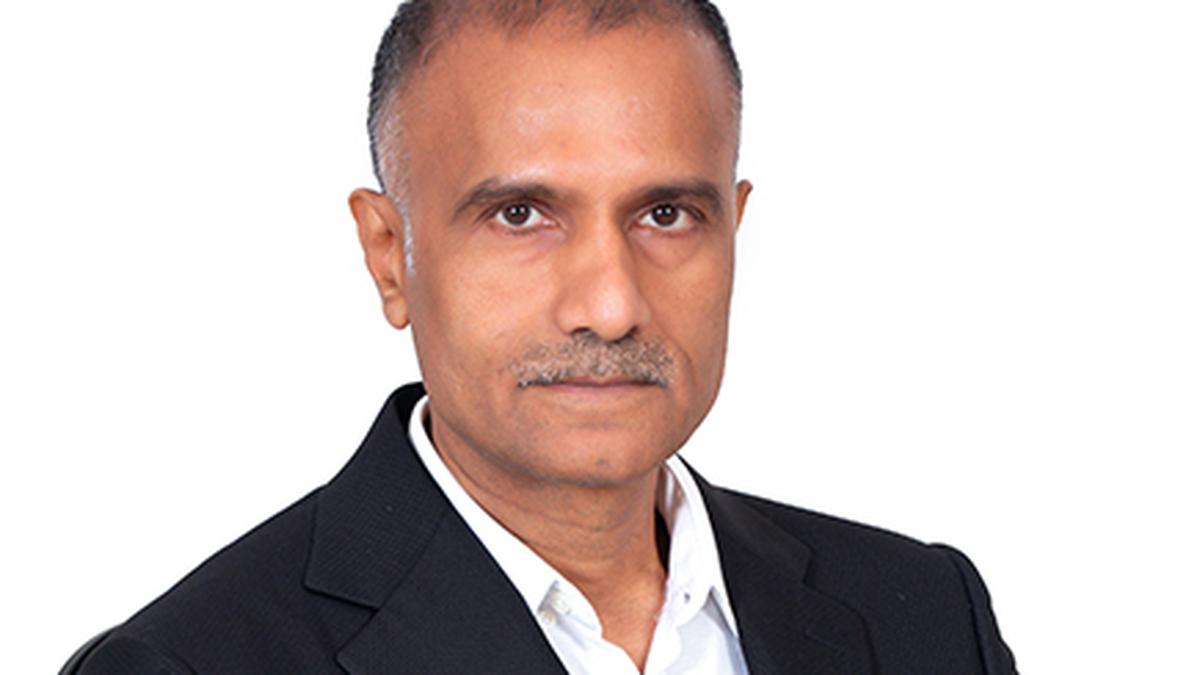With the 2024 national elections in India underway, Indian Americans living in the United States are influencing and commenting on Indian politics. As the single largest Indian population outside of India, the Indian American diaspora holds considerable sway over Indian politics. Many prominent Indian Americans occupy positions of power and influence, both in the United States and within the diaspora community. However, despite their impact on public opinion and fundraising efforts, the diaspora’s influence is unlikely to significantly alter the outcomes of Indian elections.
The Indian American community in the United States is composed mainly of first-generation and second-generation immigrants, with nearly 5 million Americans of Indian descent. Many of them are highly educated and occupy prominent positions in various fields. The diaspora’s influence on Indian politics is reinforced by their close connections to their ancestral land, facilitated by instant electronic communication and access to Indian media.
The Indian American diaspora’s importance in Indian politics extends beyond their demographic weight. Given the United States’ status as a global power, voices supporting or criticizing India from the U.S. carry significant weight and form a crucial part of the political discourse in India. The political affiliations of the diaspora revolve around the two major Indian parties, the Bharatiya Janata Party (BJP) and the Indian National Congress (INC). While the BJP enjoys substantial support among the Indian diaspora, particularly among first-generation immigrants, there is a diversity of political views within the community.
However, only Indian citizens who vote in person can participate in Indian elections, limiting the direct electoral impact of the Indian American diaspora. Yet, their political engagement goes beyond voting, as many Indian Americans actively participate in fundraising efforts, campaigning, and spreading India’s influence in the United States. The BJP’s diasporic arm, the Overseas Friends of the BJP, is more organized and better-funded compared to the INC’s equivalent, the Overseas Friends of Congress. While important, these fundraising efforts are unlikely to determine the outcomes of Indian elections.
The Indian American diaspora in the United States is somewhat self-selecting, with a disproportionate number of wealthy, college-educated, English-speaking, liberal, and irreligious individuals migrating to the United States. This demographic composition influences their political leanings and priorities. Indian Americans tend to be more liberal on issues affecting the United States, such as immigrant rights and racial equality, while their views on India-specific issues vary. This pragmatic approach to politics stems from their minority status in the United States, which heightens concerns about majoritarianism.
The political inclinations of the Indian American diaspora often evolve across generations. Second-generation Indian Americans are less engaged in Indian politics compared to their ancestors, with a stronger connection to American culture and issues. However, specific groups within the community, such as activists and politicians, can significantly impact India-U.S. ties. Indian American students interested in politics tend to assimilate into the dominant ideologies on college campuses, which often lean progressive. This alignment with left-leaning politics in the United States shapes their approach to Indian sociopolitical issues.
The involvement of Indian Americans in Indian politics also influences public discourse. Indian American academics and intellectuals often express negative views about the current BJP government, primarily shaped by their experiences in the United States. These perspectives can also have an indirect impact on Indian politicians and opposition parties, leading to the adoption of certain narratives and policy positions inspired by Indian Americans’ ideological leanings.
Although the Indian American diaspora’s involvement in Indian politics is notable, its impact is unlikely to decisively alter election outcomes. Nonetheless, Indian Americans continue to play a vital role in strengthening ties between the United States and India. Their contribution lies in advocating for closer bilateral relations, fostering people-to-people connections, and promoting economic and military cooperation. Indian American politicians, representing both major U.S. political parties, often express support for the BJP government and take neutral or positive stances on Indian political issues. Mutual support for India, Israel, and the United States remains a popular theme among Indian American politicians.
As the Indian American community continues to grow and evolve, the focus of its political engagement may shift. While first-generation immigrants remain closely tied to Indian politics, subsequent generations are more likely to prioritize issues relevant to their lives in the United States. Nevertheless, the Indian diaspora in the United States will remain an important asset for facilitating strong bilateral relations and softening criticism.










